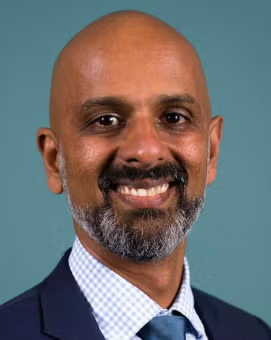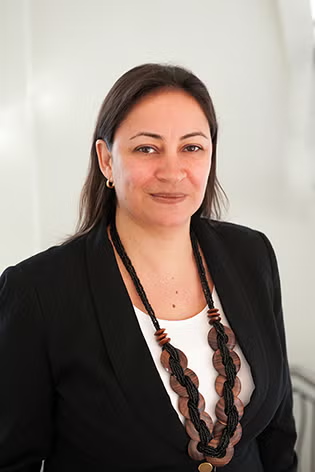For the first time, a national anti-racism framework has been launched to provide a guide for governments, businesses and community organisations to address all forms of racism in Australia.
The framework contains 63 recommendations for a whole of society approach to eliminating racism, with proposed reforms across Australia’s legal, justice, health, education, media and arts sectors as well as workplaces and data collection.
Developed by the Australian Human Rights Commission with dedicated funding from the Australian Government, the framework was launched in November in western Sydney at an event with hundreds of representatives from Australia’s diverse cultural communities.
The framework was initiated by Australia’s Race Discrimination Commissioner Giridharan Sivaraman, and was created after three years of extensive consultations with diverse community organisations and experts.

“This is a historic moment in the fight against racism. For the first time we have a comprehensive plan for eliminating racism in Australia,” said Sivaraman
“Racism diminishes a person’s sense of self and corrodes one’s soul. In doing so, it corrodes the soul of our nation.”
“Our new Framework provides the most detailed and wide-ranging approach in our nation’s history to eliminating racism from our civic institutions and for making Australia a more just, equitable and inclusive society where everyone can feel they belong and can thrive. A society in which everyone can thrive means a better society for all of us, including those not affected by racism.”
Australia’s legal sector
An Australian Human Rights Commission report from July found governments and their departments at all levels across the country are failing to adequately identify and address racism – even avoiding the term ‘racism’ – and that approaches across the board are disjointed.
In particular, it’s been consistently reported that racially marginalised legal professionals, especially those of Asian descent, face significant barriers, from discriminatory hiring practices to limited advancement opportunities and unequal treatment within legal practices and processes.
The Asian Australian Lawyers Association (AALA) welcomes this new framework, saying it represents a transformative and long-overdue step toward systematically eliminating discrimination on the basis of race within Australia’s legal system.
“Diversity in leadership is essential to building a profession that reflects and respects the multicultural fabric of our society,” said Belinda Wong, AALA National Vice-President.
“It is time for legal organisations to act decisively to remove systemic barriers to leadership for Asian Australians and other CALD communities.”

A central measure proposed within the framework is the implementation of a positive duty under the Racial Discrimination Act 1975, compelling legal firms to prevent racism and promote equity actively.
First Nations communities
First Nations communities have called on the government to commit to transformative changes that address entrenched inequalities.
Within the new framework there are a number of key principles listed, including the need for Australia to acknowledge the systemic and structural nature of racism, as well as the historical and ongoing impacts of settler colonisation on First Nations people.
The framework also calls for embedding truth-telling and self-determination for First Nations peoples within policy, as well as identifying how the framework interacts with other national plans.

Australia’s Aboriginal and Torres Strait Islander Social Justice Commissioner, Katie Kiss called the new framework “an important and unprecedented milestone in our country’s history”.
“Racism causes incredible harm to First Nations peoples and communities, and we must meet this pernicious force head on. We cannot pretend that racism is confined to the behaviour of a few individuals. It is pervasive and can only be addressed through a comprehensive response,” said Kiss.


